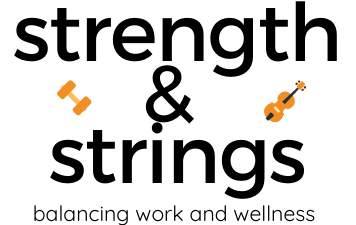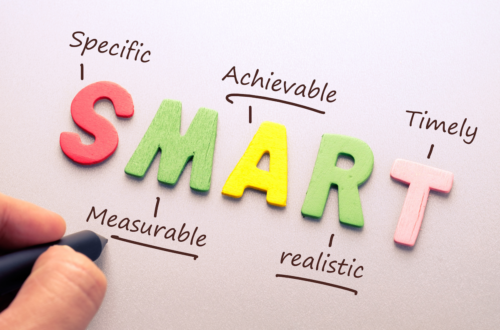
How to overcome setbacks during your change process
Welcome to the final post in the “Make a Change” series. Over the next few weeks, I will be sharing tips and other information to help you reach your 2022 wellness goals! Read the previous post here.
When you are making a change in your lifestyle, setbacks are inevitable. Although they can be discouraging and disruptive, experiencing challenges are part of the change process.
During my process to become a healthier eater, there were a few times that I did not follow my plan and reverted back to my old habits. Instead of letting my failures get the best of me, I used them to my advantage and kept working toward my goal.
With the right mindset and perspective, an individual can turn a setback into a valuable experience that propels them closer to their goal. In this post, I discuss a few ways that you can overcome setbacks and use them as a tool for future success.
4 methods that can help you overcome setbacks
Here are four ways you can use to handle a setback while making a behavior change.
Reflect on the experience
Consider what you have learned from your experience. You may discover something you overlooked during your initial planning or a triggering event. Possibly, you may discover a new method that was successful. With this new knowledge, you have a better chance of overcoming a similar situation in the future.
Reframe situations
Instead of focusing on what went wrong, take the time to acknowledge what went well. For example, you may have cheated on your diet with an unplanned trip to the ice cream shop, but you chose to get a smaller serving than you would have gotten in the past.
Explore and dissect negative thoughts
Sometimes our setbacks are caused by our thoughts. How many times have convinced yourself that you could not do something because you “thought” you couldn’t?
The next time one of these dissuading thoughts enters your mind, try incorporating an approach from cognitive behavioral therapy, which is to replace a negative though it with a more productive thought.
Using the ice cream shop experience again, let’s say you had the thought “I’m a failure for not sticking to my diet so I should give up.” Emotionally, you feel disappointed and upset about your decision.
If you dive deeper, these thoughts may stem from previous failed attempts to improve your diet or personality traits such as perfectionism.
After letting the thoughts and feelings pass, a more productive thought may be “I have only had a treat one day this week. I can get back on track tomorrow.”
Develop coping strategies
When you do encounter a setback, how do you react? Do you take a step back and work around it or do you get stressed out?
To cope, consider using stress management techniques such as mediation. Check out more ideas from this post.
Other factors to consider
In addition to using methods to handle setbacks during your change process, there may be some additional factors that can help you succeed.
What are your strengths?
Sometimes we are so focused on our weaknesses that we forget about our strengths. Based on our experiences, we have a good idea on what works best for us. Approaches that have worked in other areas of your life can be adapted to fit into your change process.
If writing things down keeps you on task, consider using a food or fitness journal to keep you on track of reaching your goal.
Are there triggers or situations that have derailed us in the past?
Although self-control and willpower can keep on track, sometimes it is not enough. The most common barriers for success are time, travel and other people.
Become aware of these situations and triggers and developing a plan will be an asset to your process.
For me, an abundance of cake in the house is a trigger for me to indulge. The most effective strategy for me is to not keep it in house. If I want cake, I would either have to go buy it or make it from scratch.
Summary
Setbacks are an inevitable part of the change process.
However, reflecting and reframing your experience, exploring negative thoughts and developing coping strategies can help turn setbacks into tools for future success. Taking the time to explore your strengths as well as potential triggers can help increase your chances of reaching your goal.
How do you overcome setbacks?






